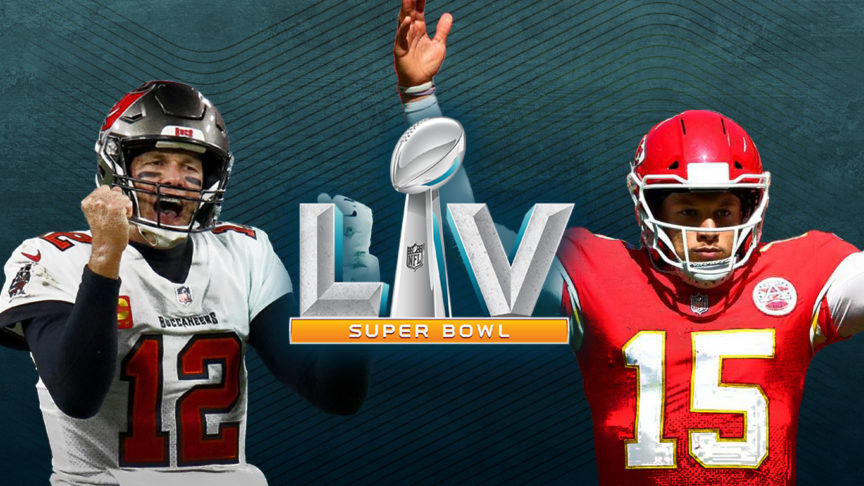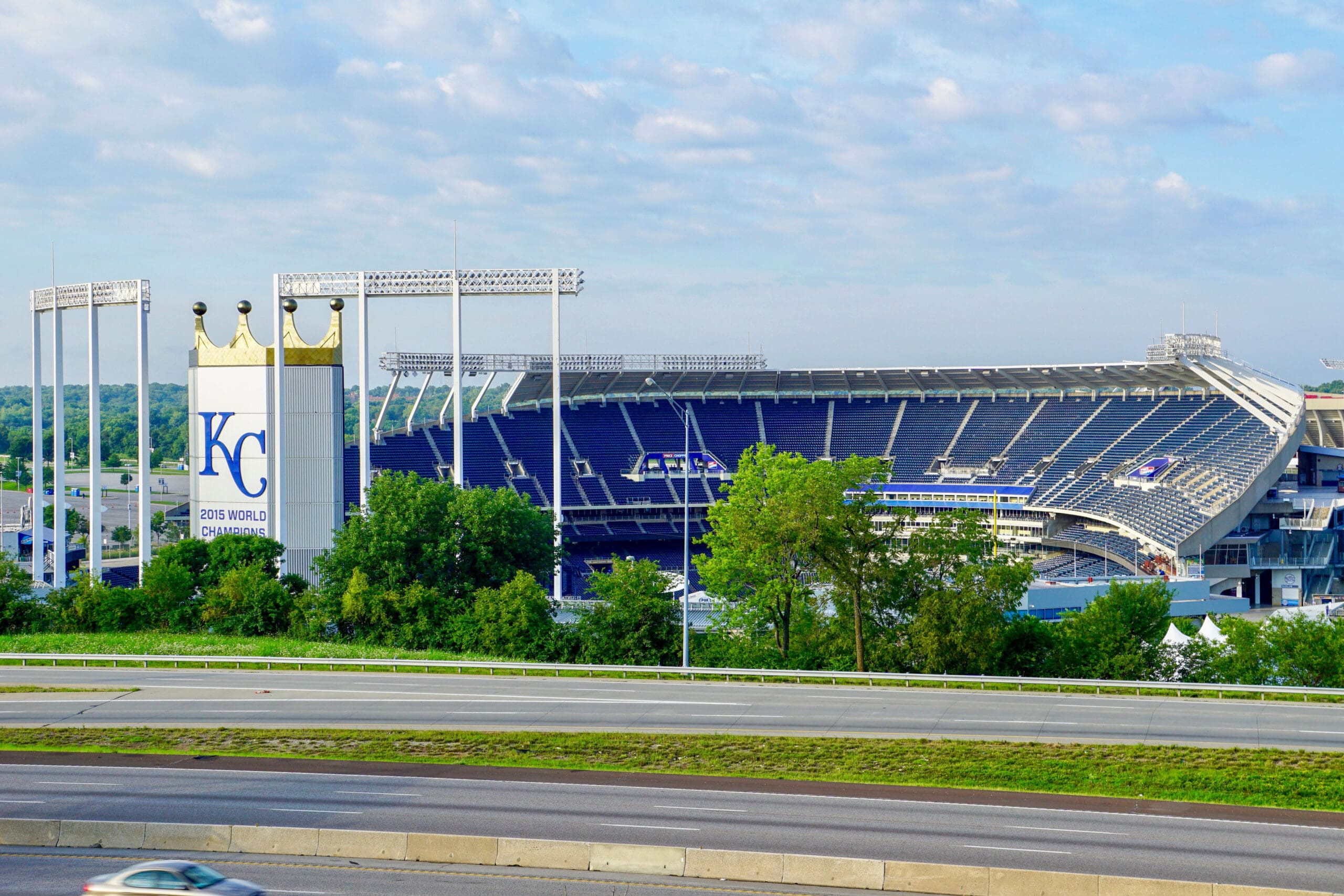
How the Pandemic is Changing the way Brands are Advertising During Super Bowl LV
Super Bowl Sunday – one of the most popular sporting events in America – is going to look a little different this year, both on screen and in the stadium.
Super Bowl commercials are iconic, and brands know that if they want to be seen, this is the biggest stage to do so. When the 2020 NFL season came to a close, there was no way of anticipating if there would even be a Super Bowl in 2021. In the middle of a global pandemic, how could brands justify spending millions on a 30-second commercial? According to MarketWatch, Super Bowl commercial legends Coca-Cola, Proctor & Gamble, Pepsi-Co, and Budweiser will be sitting on the sidelines this year. In fact, it will be the first time in 37 years without an in-game Budweiser commercial, and 20 years for Coke and Pepsi. It’s reported that the all-star brands are sitting out this year to reallocate their ad spending money toward COVID-19 relief and reevaluating the best way to positively impact the human and financial toll the pandemic has had on their industries.
With the big names taking the bench, this opened opportunities for growing companies to join the big leagues. Companies like DoorDash, Mercari, Chipotle, Scotts Miracle-Gro, Fiverr and Huggies were all able to snag a spot for their first-ever in-game Super Bowl commercial. Just how much did these companies fork over for a 30-second commercial? According to Superbowl-ads.com, in 1966 a 30-second commercial in the very first super bowl cost around $37,500. Today, the cost is approximately $5.5 million—a 14,567% increase! Since the game can pull in an average of 99.9 million viewers, brands are hopeful the stage will generate exceptional revenue.
The lead time for creating these memorable ads was drastically shortened this year, since the NFL only recently confirmed the super bowl would take place. Typically, ad spots for the big game sell out months in advance with companies planning and creating their ads almost a year in advance. This year, CBS announced that it had finally sold all of the commercial inventory only 10 days before kick-off, a significant difference from 2020. Commercial inventory for last year’s game was completely sold out by November 2019.
Although the pandemic has shifted the way brands are advertising and how NFL is hosting the show, millions will still be watching from the comfort of their own homes. Let’s help stop the spread: keep gatherings small, ensure social distancing, and wear a mask! Super Bowl LV will air on Sunday, February 7th at 6:30pm EST on CBS.




